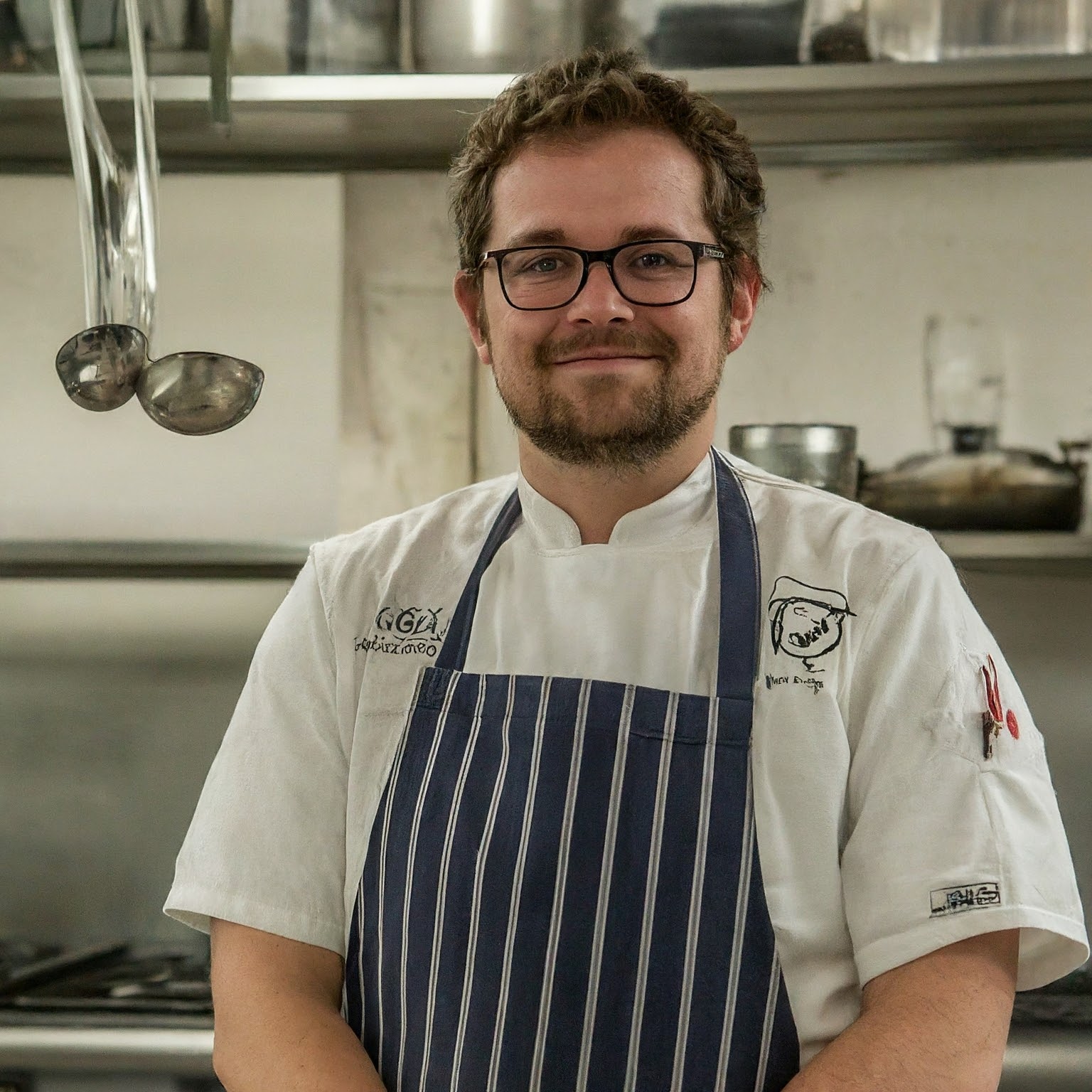
A sous chef
Key Takeaways: Explanation: Sous Chef vs. Line Cook
- Role and Responsibilities:
- Sous Chef: Acts as the second-in-command in the kitchen, assisting the head chef in menu planning, inventory management, and overseeing kitchen staff. They ensure quality control, manage kitchen operations, and may step in for the head chef when needed.
- Line Cook: Focuses on preparing specific dishes or components of dishes as per the menu. They work at various stations (e.g., grill, sauté, prep) and follow recipes and plating guidelines set by the head chef or sous chef.
- Hierarchy:
- Sous Chef: Higher in the kitchen hierarchy, typically one step below the head chef. They have supervisory duties and a broader scope of responsibilities.
- Line Cook: Positioned lower in the hierarchy, often reporting to the sous chef or head chef. Their role is more focused on day-to-day cooking tasks.
- Skills and Experience:
- Sous Chef: Requires extensive culinary experience, strong leadership skills, and the ability to manage a team and kitchen operations. They often have years of experience as line cooks or in other kitchen roles.
- Line Cook: Requires proficiency in cooking techniques, the ability to follow recipes accurately, and the skills to work efficiently in a high-pressure environment. Experience is important, but less extensive than that of a sous chef.
- Responsibilities in Menu Planning and Execution:
- Sous Chef: Involved in menu planning, creating specials, and ensuring consistency in food quality and presentation. They may also be responsible for training staff and maintaining kitchen standards.
- Line Cook: Executes the dishes according to the menu and recipes provided. They ensure their station is prepared and stocked, and they cook dishes to order during service.
- Work Environment and Dynamics:
- Sous Chef: Often seen as a leadership figure in the kitchen, they work closely with the head chef and other kitchen staff to ensure smooth operations. They must balance management duties with hands-on cooking.
- Line Cook: Typically works in a specific station within the kitchen, focusing on their designated tasks. They work more collaboratively with other line cooks and kitchen staff to deliver orders promptly and accurately.
- Career Progression:
- Sous Chef: Positioned as a step towards becoming a head chef. This role provides valuable management experience and a comprehensive understanding of kitchen operations.
- Line Cook: Often seen as a stepping stone to more advanced kitchen positions such as sous chef or head chef. Gaining experience and demonstrating skill and reliability can lead to promotions within the kitchen hierarchy.
Understanding the differences between a sous chef and a line cook helps in recognizing the distinct roles they play in a kitchen’s success, the required skills and experience, and the potential career paths in the culinary industry.
In the bustling world of professional kitchens, the roles of sous chef and line cook are essential components that contribute to the smooth operation and culinary excellence of a restaurant.
While both positions involve food preparation and cooking, they differ significantly in terms of responsibilities, skills, and hierarchy within the kitchen brigade system.
Let’s explore the key differences between a sous chef and a line cook to gain a deeper understanding of their roles and contributions to the culinary world.
FAQ: Sous Chef vs Line Cook
Q1: What is the main difference between a sous chef and a line cook?
A1: The main difference lies in their responsibilities and hierarchy within the kitchen. A sous chef is a leadership role responsible for kitchen management, staff supervision, menu development, and ensuring culinary standards.
A line cook, on the other hand, focuses on executing specific tasks and preparing food items according to recipes, working under the supervision of sous chefs or chefs de partie.
Q2: What skills are essential for a sous chef?
A2: Essential skills for a sous chef include strong culinary expertise, leadership abilities, time management, problem-solving skills, effective communication, and attention to detail.
Sous chefs must also have a deep understanding of cooking techniques, flavors, and presentation.
Q3: What does a line cook typically do during service?
A3: During service, line cooks work on specific stations in the kitchen, such as the grill, sauté, pastry, or salad station.
They prepare and cook food items according to recipes, coordinate with other kitchen staff, ensure timely and accurate plating of dishes, and maintain cleanliness and organization in their work area.
Q4: How does the hierarchy in the kitchen work between sous chefs and line cooks?
A4: In the kitchen hierarchy, sous chefs hold a higher position than line cooks. Sous chefs report to the executive chef and oversee kitchen operations, staff supervision, and menu development.
Line cooks report to sous chefs or chefs de partie, focusing on executing culinary tasks and maintaining their designated kitchen stations.
Q5: Can line cooks advance to become sous chefs?
A5: Yes, line cooks can advance to become sous chefs with experience, skills development, and career progression.
Advancement often involves gaining leadership experience, mastering culinary techniques, and demonstrating the ability to manage kitchen operations effectively.
Q6: What are the career prospects for sous chefs and line cooks?
A6: Both sous chefs and line cooks have promising career prospects in the culinary industry.
Sous chefs can advance to become executive chefs, culinary directors, or restaurant managers, while line cooks can progress to become sous chefs, chefs de partie, or specialize in specific culinary areas.
Q7: Do sous chefs and line cooks work together during service?
A7: Yes, sous chefs and line cooks work closely together during service to ensure the smooth execution of kitchen operations.
Sous chefs provide guidance, supervision, and support to line cooks, overseeing food preparation, quality control, and timely plating of dishes.
Q8: What advice do you have for aspiring sous chefs and line cooks?
A8: For aspiring sous chefs, focus on developing strong leadership, culinary, and management skills, seek mentorship opportunities, and gain diverse kitchen experience.
For line cooks, hone your culinary expertise, attention to detail, and teamwork skills, and take the initiative to learn and grow in your culinary career. Both roles require dedication, passion, and continuous learning to excel in the culinary industry.

